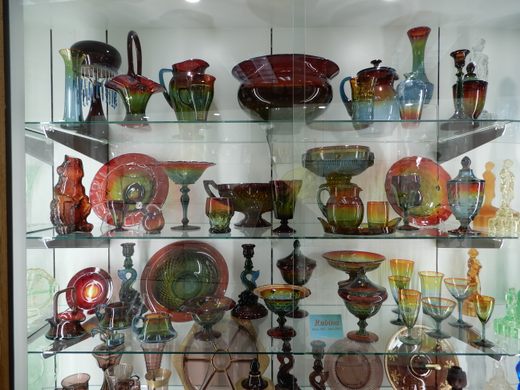Ooops! We would love for you to read the newest issue of the Journal of Antiques & Collectibles, but we see that you are not yet a subscriber. We can take care of that for you quickly and easily. Click here to access our subscription page.
If you're already a subscriber, please log in with your username (email) and password here.
Sincerely,
Nick Boschetto



